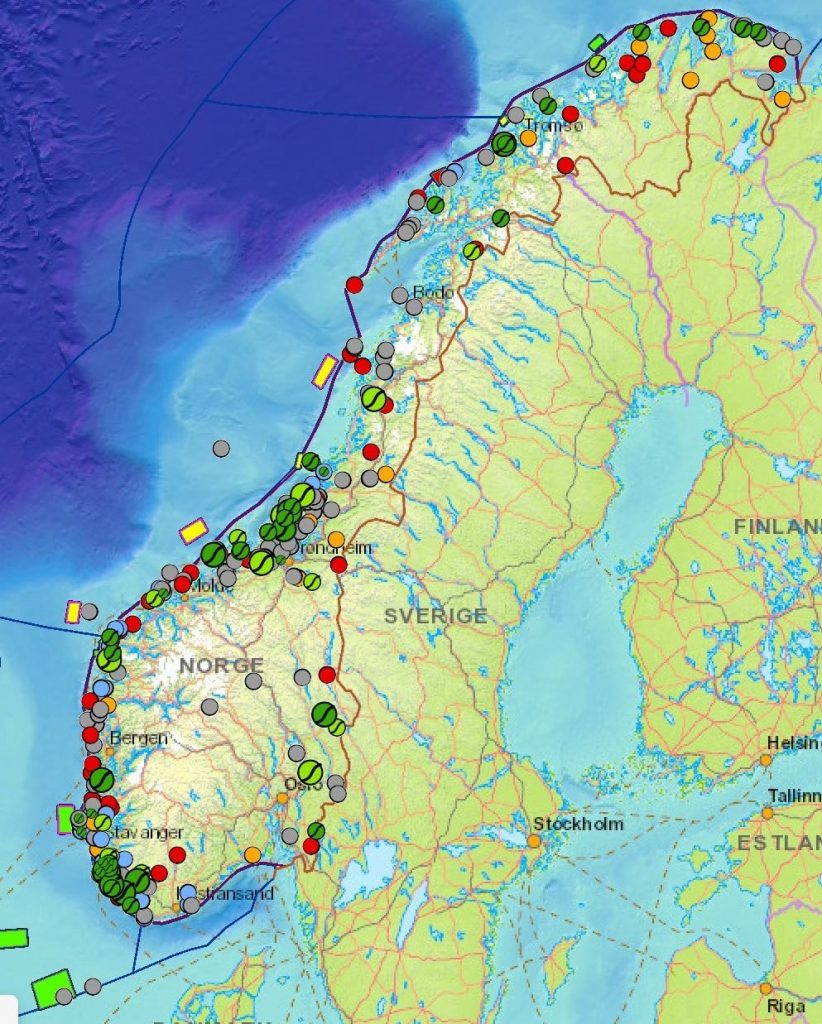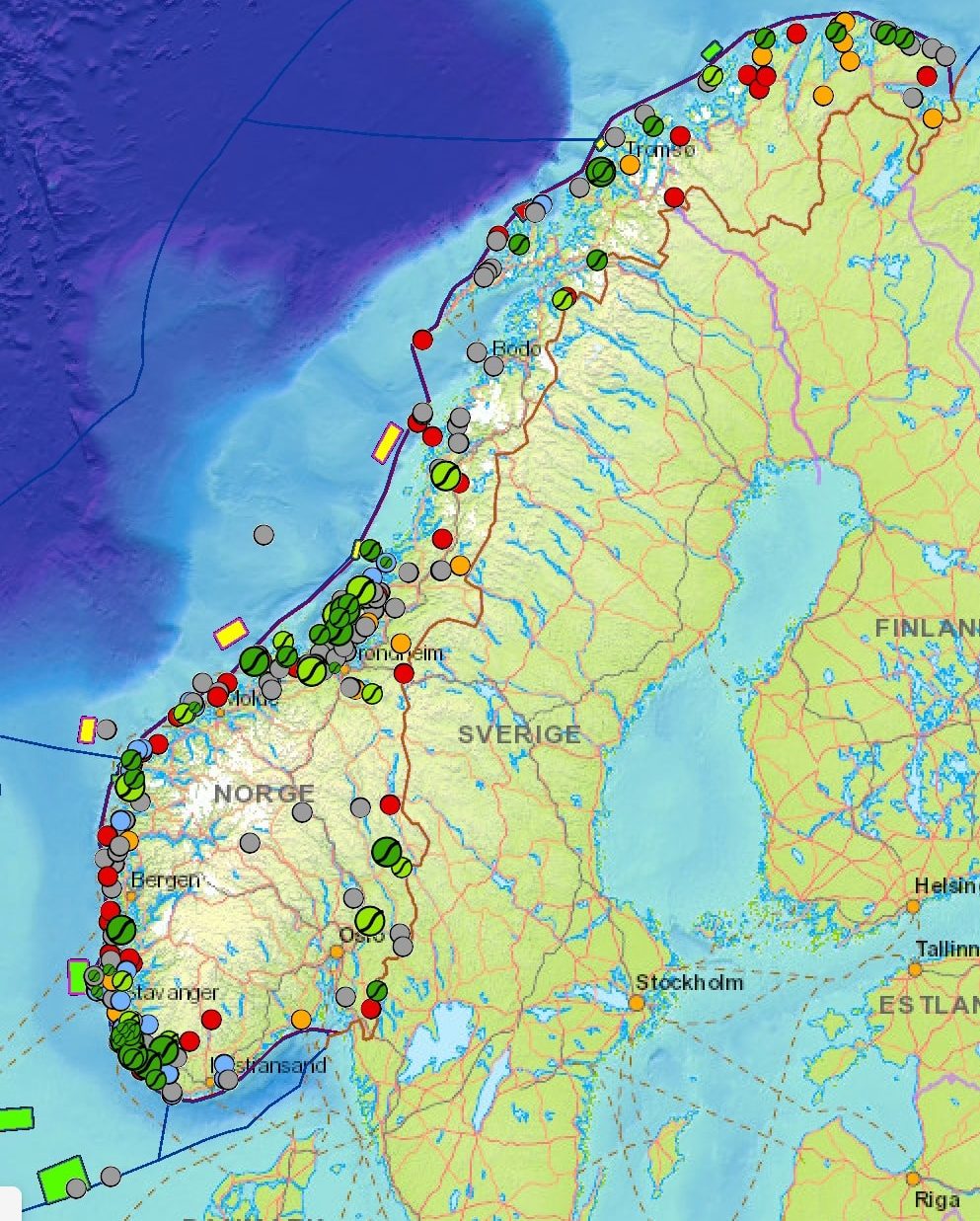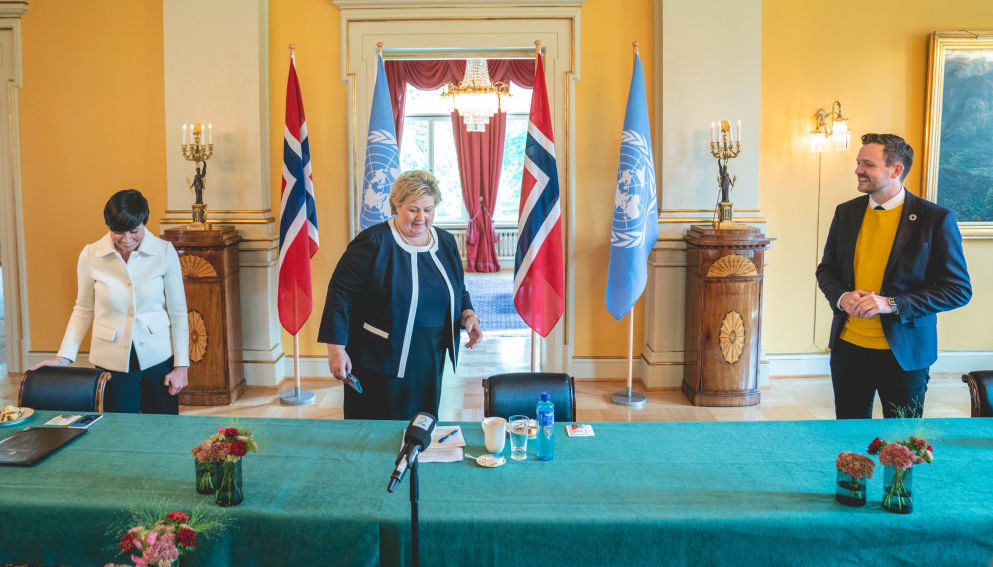

By Ingrid Fiskaa,
leader Rogaland, and member of the program committee in SV
My climate anxiety had a preliminary peak during the drought summer two years ago. I lay awake all too hot nights and feared devastating fires. The dry lawn was a constant reminder that something is wrong. A few seconds’ lacks of bird chirps or an unexpected flower – which is not usually there – could make me think that the end is near. This summer I have felt a similar feeling: Naturegrief. I have been to several of the nature areas where the demolition is underway or has received approval. I have met people who live there, who know the paths and know where the hubro nests, and who use the area daily – to relax, recover, get their thoughts on the right track. Now it will be replaced by wide construction roads and parking spaces on at least half a football field per wind turbine.
The wind power development takes up enormous areas and takes place at a violent pace. Made possible by processes in which neither local knowledge nor professional advice is listened to. The state shows its ugliest face, as a means of power for big business, and tramples local communities under its heel. But what is most jarring is that it is happening in the name of the climate fight. How did we end up here? Naomi Klein points in the book On fire to an important explanation: Bad luck with political conditions. Climate change came on the political agenda at the worst possible time. The climate crisis is a challenge that requires joint action and political control. But in the late 1980s, neoliberalism was on the rise; capitalism was predominant as an economic system and man was to realize himself through consumption.
The most common explanations for why global warming has persisted, despite solid knowledge of causes and effects, are about stubborn people.
Man and nature are reduced to means of achieving profit
We do not want to give up our prosperity, and we do not want to vote for a party that wants to reduce emissions. The election periods are too short for the elected representatives to be able to do anything before they again face the people’s judgment. It is a narrative that omits the most important thing: capitalism. So we stick to an economic system with built-in coercion for growth, where ownership and power are concentrated in a few hands, and where man and nature are reduced to means of achieving profit for these few. When climate emissions increase, it is because this minority has too much power, and puts short-term economic gain above all else. Not because man as a species is too stupid.
After a while, smart capitalists have realized that the climate crisis is also a threat to themselves. The logical thing is to take a stand against the system and the power relations that create the problem. Instead, we must be convinced that it is enough to replace fossil fuels with renewable energy, and otherwise, continue as before. To achieve this, a theoretical distinction must be made between climate and nature, where climate measures are paramount to other considerations. This way of thinking is also found in the environmental movement and on the left. The urgency argument is used to justify solutions that one would otherwise be against, whether it is a reduction of nature or anti-social taxes. The problem with such a strategy is that it weakens the climate fight. It turns the focus and forces away from the causes of the climate crisis, and it creates counterforces among people who are exposed to this “green shift”. One thing is to be harassed by the undisguised greedy. It’s even worse when they claim to want to save the world. Both climate anxiety and nature grief are feelings we should take seriously, and a political strategy that isolates the climate from everything else is both stupid and dangerous.





There are 2 comments
Comments are closed.